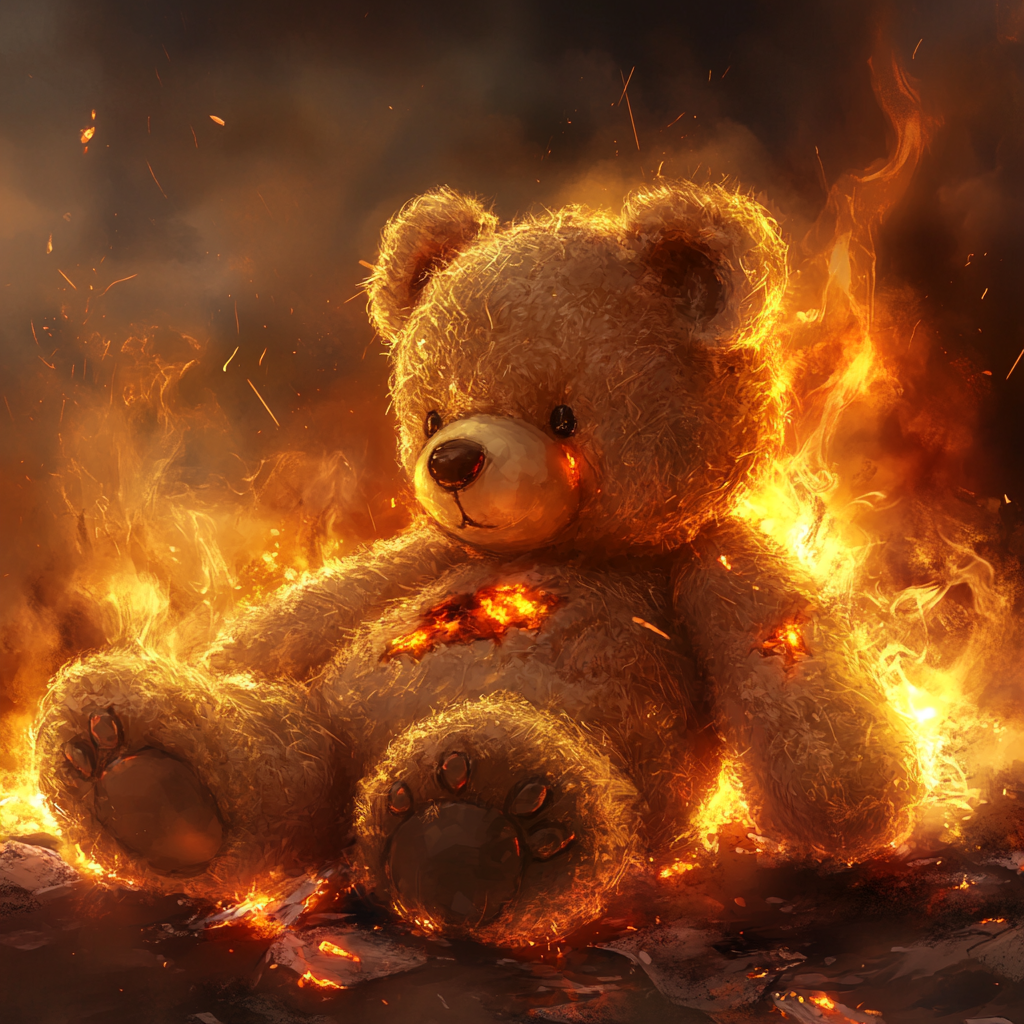The Sad Truth: Fighting Alone for Your Children
The sad truth is, so many parents are left fighting alone just to be in their children’s lives.
Yes, friends might check in. Family may offer a shoulder to cry on. But when the weight of the family court system bears down — when false accusations arise, when parenting time is restricted, when you're misjudged by systems that should protect you — it often feels like you are the only one standing in the ring.
And it’s lonely.
Parents who once saw themselves as capable, stable, and loving are left emotionally destroyed and financially drained, trying to prove what they already know: that they love their child and deserve to be part of their life.
Professionals are available — for a price. Lawyers, therapists, report writers. But support doesn’t always mean solutions. Too often, parents are met with advice that amounts to nothing more than “just accept it, stay calm, don’t rock the boat.” In other words, make peace with the abuse, because confronting it may cost you more time, more money, or worse — access to your child.
And while professionals argue the legal technicalities, children continue to suffer. We enrol them in psychology for “disruptive” school behaviour, we label them with emotional instability, when in truth — they are often just grieving the absence of a parent. For many children, simply having regular and meaningful connection with both parents dramatically shifts their behaviour. The tantrums reduce. The sadness lifts. The clinginess fades.
But what we don’t often acknowledge is the emotional survival mode many children live in. When a secure family unit collapses, children quickly form attachment patterns to cope:
-
Anxious attachment, where they fear abandonment and cling tightly to others
-
Avoidant attachment, where they shut down to avoid pain
-
Disorganised attachment, where love and fear are mixed together
These are not personality flaws. They are survival strategies — shaped by the emotional chaos around them.
And yet, instead of seeing these behaviours as calls for connection, we label them: unlistening, defiant, emotional, disruptive. But what would happen if we looked deeper — if we acknowledged that behind those behaviours is a child trying to make sense of loss?
Meanwhile, the family court system, despite its authority, does not equate to positive outcomes or healthy children. It exists not to heal, but to enforce — a structure of rules and processes that often fail to deliver justice or stability. And yet, even those rules are inconsistently applied. Perjury and false allegations run rampant, with little to no accountability.
The abuse continues — not always in the form of fists, but in psychological warfare and parental alienation — and the children are left in the fire of a system that allows them to burn.
Parents in high-conflict separation are not just fighting for parenting time. They’re fighting for their identity, their reputation, their right to show their children who they truly are. And in a system that often rewards compliance over truth, many good parents are left feeling like criminals just for wanting to show up.
This fight is not fair.
It is not easy.
But you are not broken for being tired, angry, or overwhelmed.
You are human.
And your love still matters — even if no one is clapping from the sidelines.
If you found this post helpful and want to take your understanding even deeper, check out the Malicious Intent and Tactics Guide. It’s a practical, eye-opening resource designed to help you recognise patterns of manipulation, control, and emotional harm — especially in high-conflict separation. Whether you're navigating family court or simply seeking clarity, this guide offers the insight and tools you need to stay grounded, protected, and informed.
